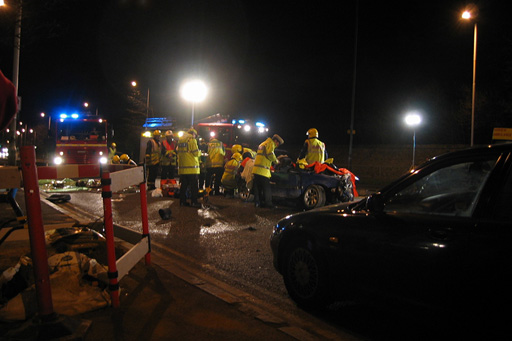3.2 The challenges of team-working in public services
There are times when a team is having to deal with ‘wicked problems’ (by which is meant not bad problems but ones that are complex and where it is not clear what the best course of action may be – think climate change, or dealing with mental health in the community). Then it may be hard to define what the problem is (if there are several strands of interlinked problems) or how to tackle it. Teams may have to handle:
- the complexity of the problems addressed in providing public services, and how far to go in trying to solve problems with unclear limits
- the public may have very different views about the service and how far different issues should be prioritised (for example, should the local police force be dealing with local issues or the more hidden global issues?)
- the range of professional disciplines from which expertise is drawn to address these problems, and the need for mutual understanding of the differing professional cultures that contribute to the team (for example, a multi-agency team trying to recognise and prevent child exploitation)
- the requirement on public service professionals, particularly those in leadership roles, to work as part of several ‘teams’ simultaneously
- the need for teams of different service providers (public, private and voluntary sector) to work closely together to tackle some social problems.
Miller and Rice (1967) describe how airline flight crew membership is regularly rotated so that aircraft teams do not develop too strong a sense of belonging to a team and therefore begin to take procedural short-cuts that might compromise safety. Airline staff learn to develop a sense of belonging that is wider than the immediate crew they are working with.
The complex relationships of task and belonging need to be managed by the team leader. Interdependencies of task and a spirit of collaboration and belonging within a team are desirable, but connections to other teams are also necessary for day-to-day work, and to ensure healthy debate and challenge within the team.

